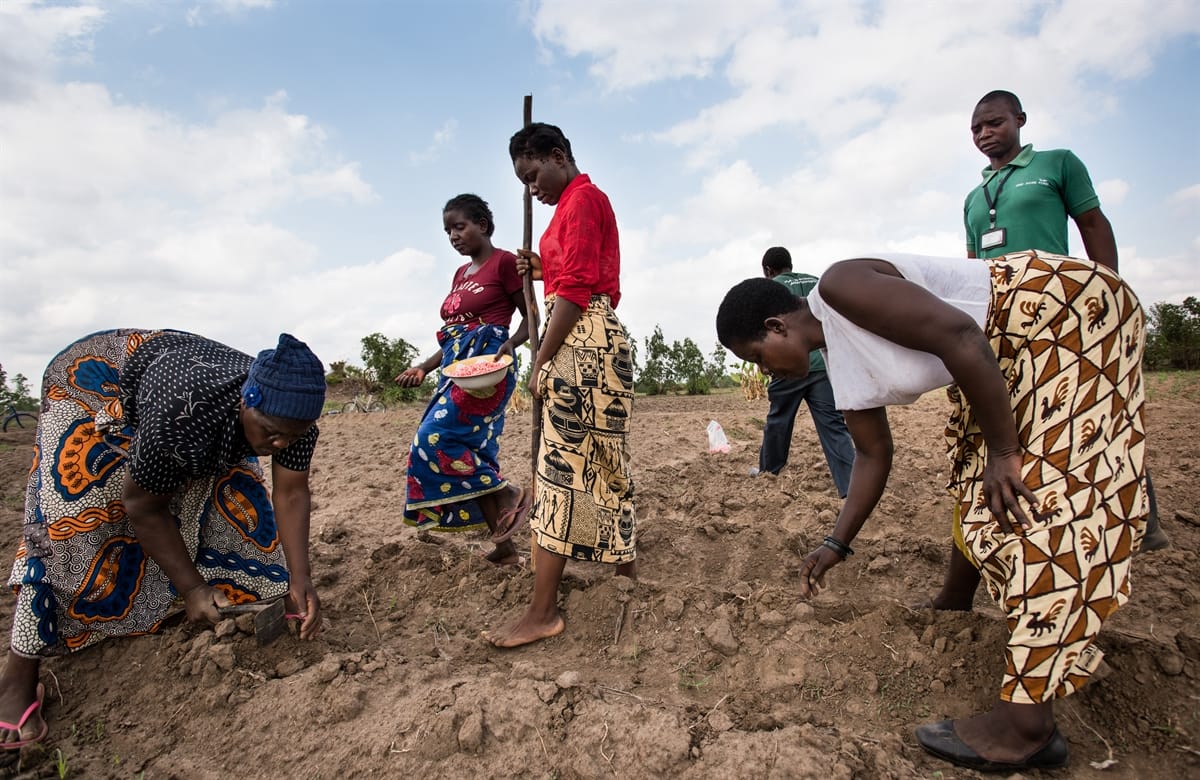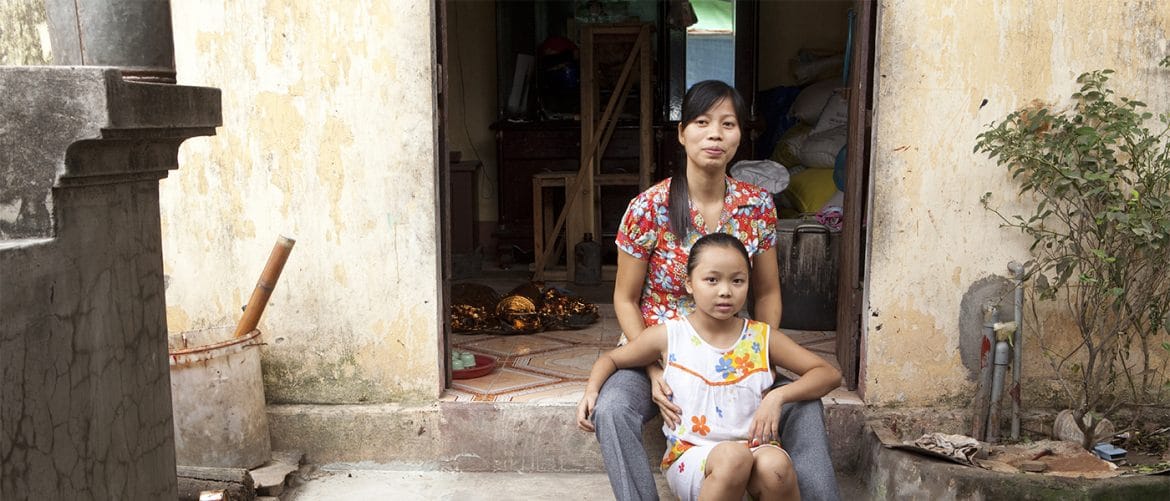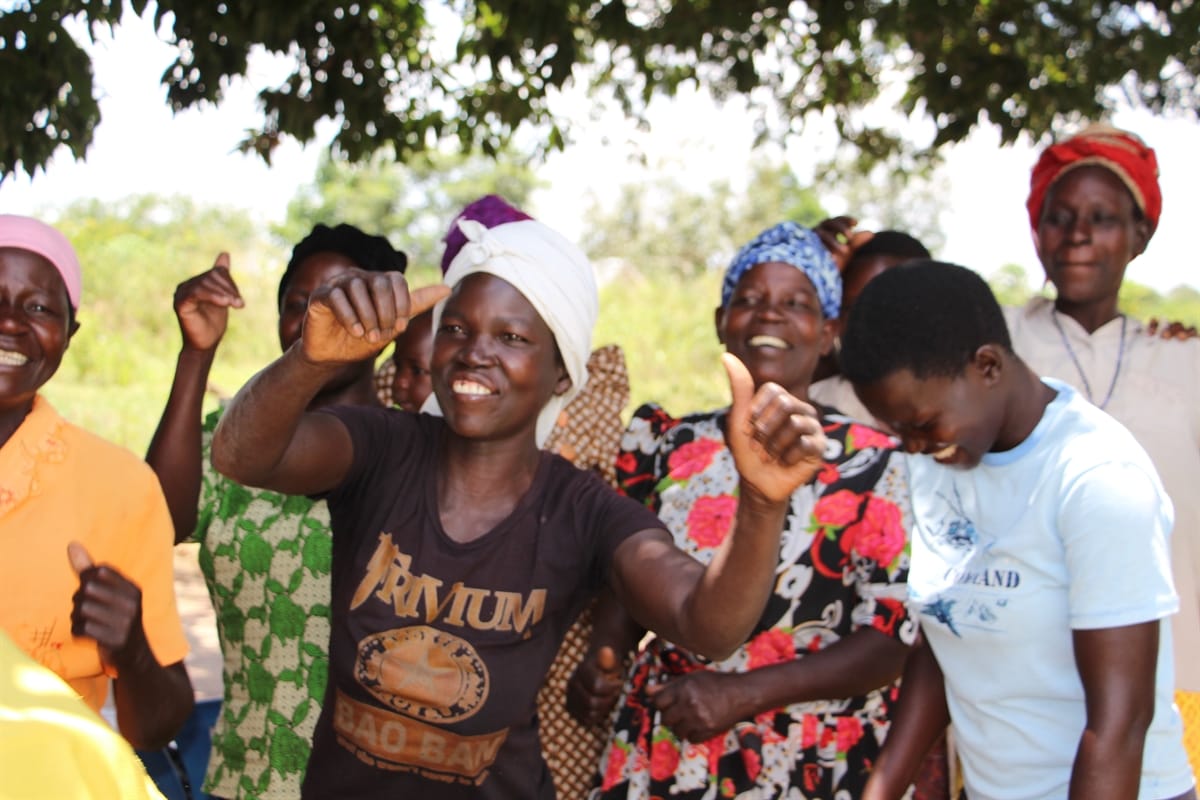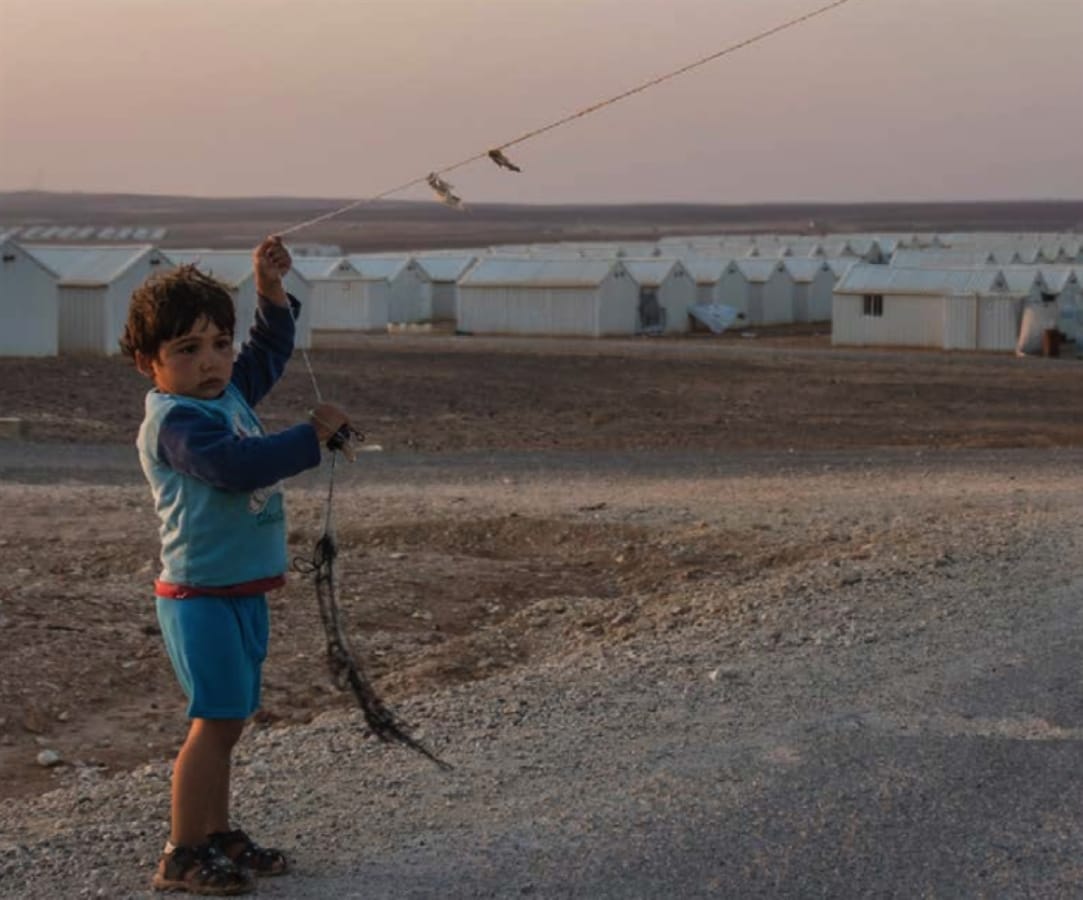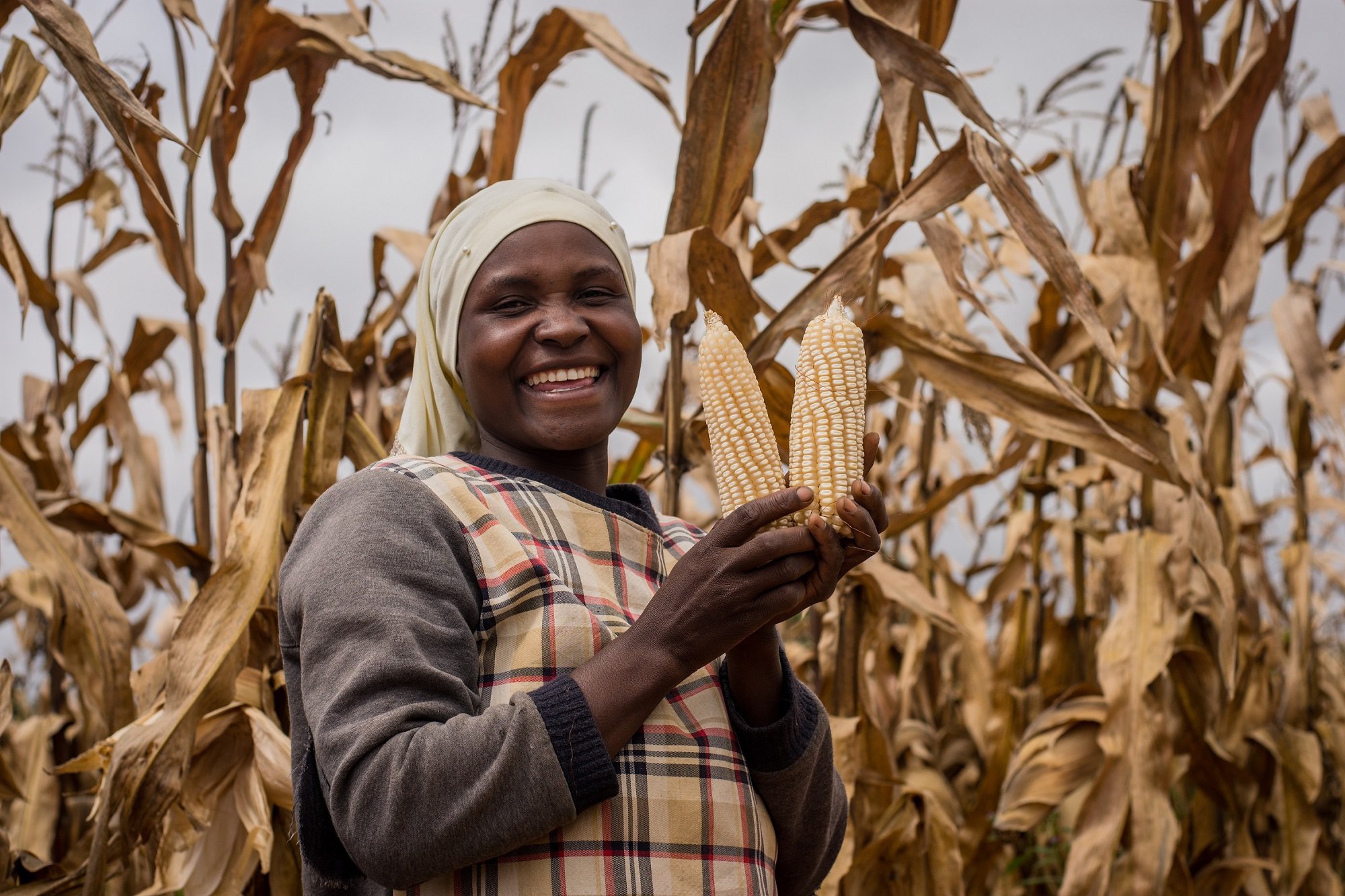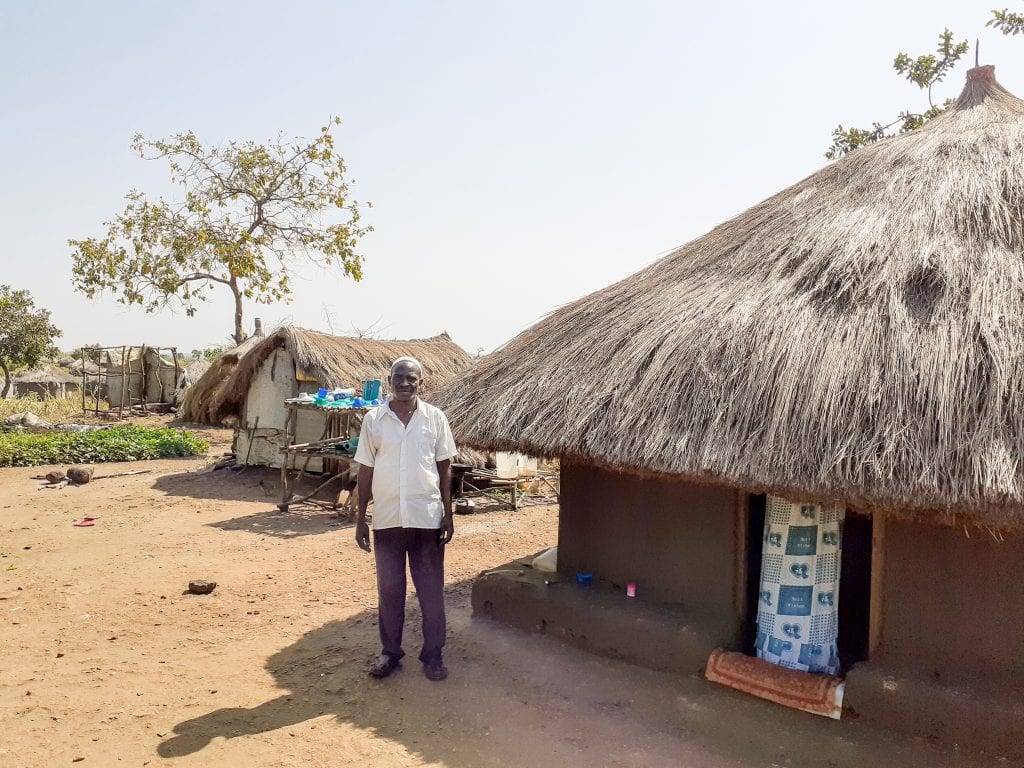This blog was co-written by Perin L. Saint Ange, Associate Vice-President and Head of the Programme Management Department of IFAD, and Tony Kalm, One Acre Fund’s President in USA. The article was originally published by This is Africa.
Climate change is threatening to become the biggest crisis humanity has faced in generations.
Millions of the world’s poorest people are already paying a terrible toll. Smallholder farmers are among the most vulnerable to the effects of extreme weather. The problems they are already beset with are expected to get a lot worse.
Severe droughts have wreaked havoc on crops across sub-Saharan Africa, home to millions of people living on less than $2 a day. Many of them depend on maize as staple food. This crop is so susceptible to shifts in climate that the World Bank warns that if temperatures rise by just 1.5 degrees, 40 percent of crop areas may no longer be viable to grow it by 2030.
Smallholders are on the front lines of the climate change fight, and they are not adequately prepared for future risks. Even small financial setbacks or slight decreases in crop production can have a big impact on a family’s ability to feed itself. Yet farmers also present one of our most compelling opportunities to mitigate climate change. They are stewards of the land, managing more than 80 percent of the world’s 500 million small farms.
Land use is a huge driver of climate change. If this group collectively adopts certain climate-smart farming techniques, such as sustainable intensification or planting more trees, it could help alleviate poverty and mitigate climate change at the same time.
There are 50 million smallholder farmers in sub-Saharan Africa alone who could help the world make measurable progress in our fight against climate change, according to the nonprofit One Acre Fund. The organisation works directly with more than 400,000 farmers and offers a number of climate-resilience solutions.
But how can we get farmers the resources they need to put climate-smart farming into practice?
Luckily, a huge pot of money already exists to spend on climate adaptation and mitigation strategies. The Green Climate Fund (GCF), the world’s largest initiative with about $10b to spend, has a stated purpose of forcing a “paradigm shift” in environmental arenas. The United Nations-backed fund wants to spend $100bn a year by 2020 — a staggering sum that could go a long way toward solving the climate problem.
Mobilising a large amount of money is, in itself, already a fantastic accomplishment. The fund has received funding pledges from more than 40 different countries. It has also begun the arduous process of deploying those funds by giving accreditation to a number of institutions with clear climate strategies. These include the Food and Agriculture Organisation of the United Nations (FAO), the World Food Programme (WFP), and the International Fund for Agricultural Development (IFAD), which manages the largest global financing source dedicated to supporting the adaptation of poor smallholder farmers to climate change.
With large sums of money still left to dispense, the fund now has a great opportunity to focus its resources on innovative, cost-effective programmes that will make the biggest difference to the dual problems of climate change and extreme poverty.
Research shows that money spent on agriculture is at least four times more effective at reducing poverty in low-income countries than funding in other sectors. Coupled with the potential impact that widespread adoption of sustainable farming practices could have on the environment, an effective strategy for Green Climate Fund would be to support programs that target smallholder farmers in developing countries.
However GCF decides to deploy its resources, time is of the essence. Global temperatures keep climbing, breaking new heat records year after year. If we do not do something now, there could be catastrophic repercussions on the world’s ability to feed itself. Both poor countries and rich countries will feel the blow.
